

Designing Accessible Crosswalks
Registration is full. You can view the webinar on YouTube Livestream.
NOTE: No continuing education credit is available for viewing the live session on YouTube.
How to Begin and Grow an Adaptive Sports Program and the Resources Needed
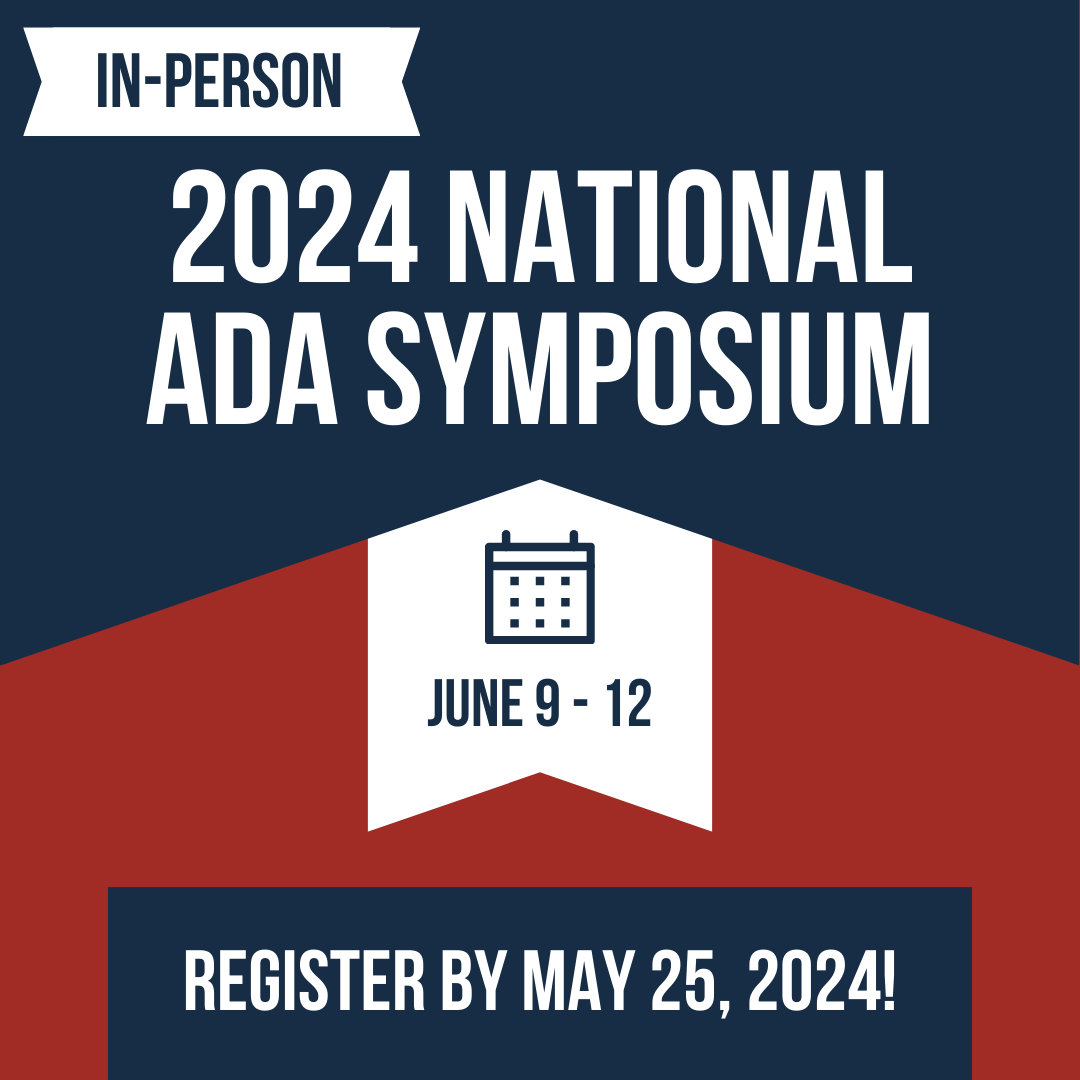
The Great Lakes ADA Center in collaboration with the ADA National Network are excited to announce the 2024 National ADA Symposium. The symposium will take place virtually May 6-8, 2024 and in-person June 9-12, 2024.
This year’s in-person National ADA Symposium will be held in Minneapolis, Minnesota. The event will feature 93 sessions on a wide range of topics presented by nationally recognized experts on the ADA and disability issues, including keynotes from the President of the American Institute of Architects (AIA), Kimberly Dowdell, and the Director of Accessibility Codes and Standards for United Spinal Association’s Accessibility Services, Marsha Mazz.
Visit the National ADA Symposium website to view the event agenda.
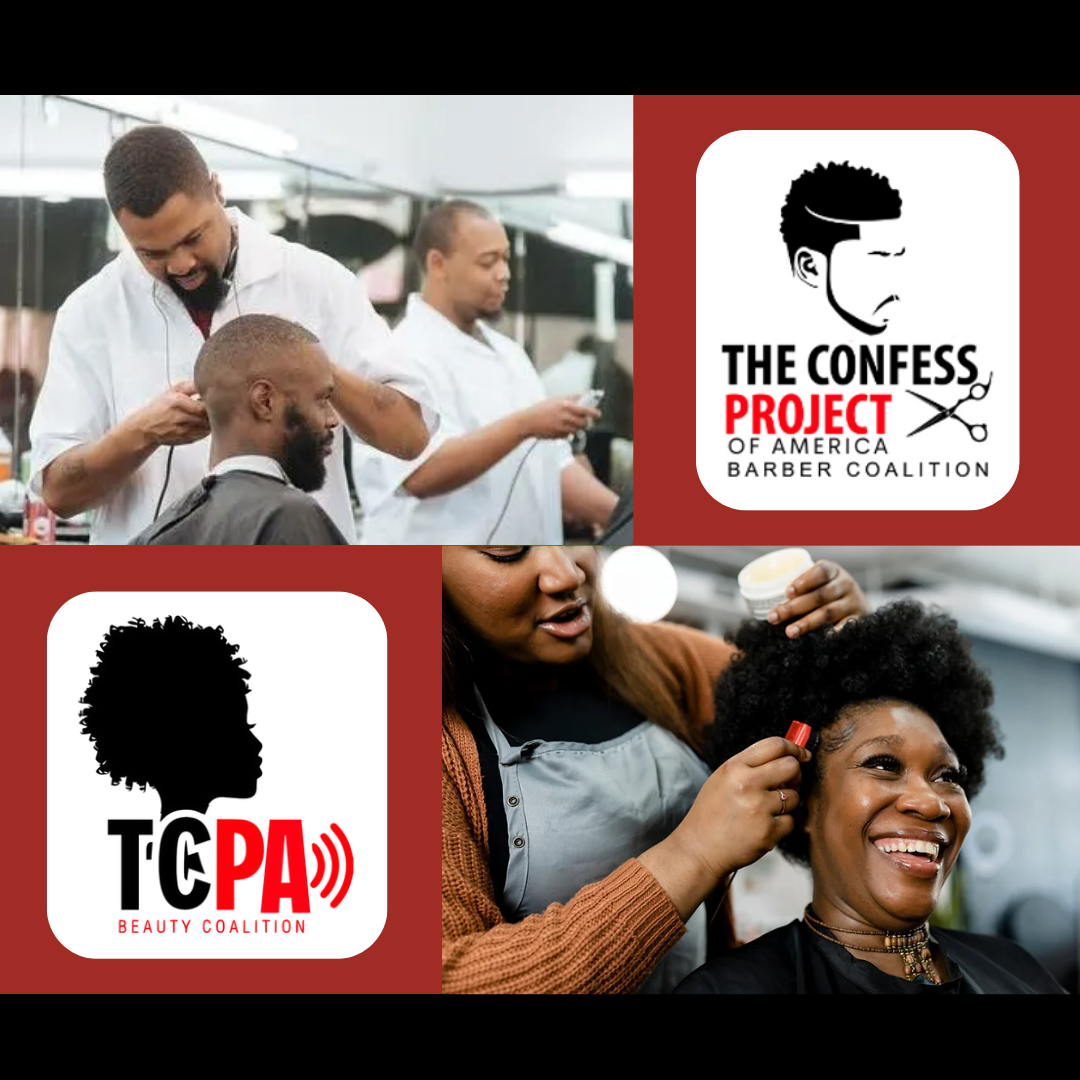
The Confess Project of America began in 2016 as a way to equip marginalized black men and boys with mental health strategies and coping skills. Today, they are a national mental health awareness movement that trains barbers, beauty industry professionals, and other frontline community advocates to provide critical mental health support, education, and pathways to treatment. According to the Office of Minority Health (OMH), suicide was the third leading cause of death in black and African Americans ages 15 to 24 in 2020, a statistic the Confess Project is working to change.
Did You Know? The ADA provides civil rights protections to people with mental impairments that meet the definition of a disability. Call us at 800-949-4232 or visit our website at www.ADAGreatLakes.org to learn more.

State Medicaid Programs: Hepatitis C and Substance Use Disorder Under the ADA
The Department of Justice (DOJ) and Department of Health and Human Services (HHS) have issued a joint letter to state Medicaid administrators reminding them that their programs must comply with the ADA and allow access to life-saving medications called direct-acting antivirals (DAAs).
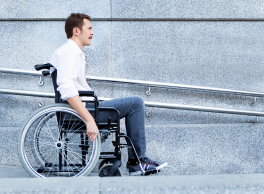
Making the Case for Accessible Design Accreditation
The Accessible Design Accreditation Initiative (ADAI) is a program of guidance that was introduced in October 2023 and aims at advancing accessible design curriculum models for college and university programs offering architecture and interior design degrees.

Controversial Census Bureau Proposal on Disability Statistics has been Dropped
A new proposal would have changed the disability questions on the American Community Survey from asking yes-or-no questions to asking people to rate their level of difficulty with performing certain tasks. Due to multiple public comments received by the bureau, this change has been dropped.

Illinois Supreme Court Amends Court Policy
Bill M.R. 25307 was updated along with the Policy on Access for People with Disabilities, effective January 1, 2024. Illinois courts are now required to include updated Court Disability Coordinator (CDC) contact information on notice of accommodation signs and request forms by August 1, 2024.
Resources for Creating Accessible Communities
The Chicago Metropolitan Agency for Planning (CMAP) is helping communities in northeastern Illinois improve accessibility for their residents and visitors with disabilities. The program will equip local governments with the resources they need to improve their compliance with the Americans with Disabilities Act (ADA), including completing self-evaluations and transition plans.
A Call to End Court Oversight of the Illinois Developmental Disability Care System
The State of Illinois is asking to end court oversight of their developmental disability care system. However, some advocates are still pushing for the state to become less reliant on large institutions in favor of integrated community placement and services.

Medicaid Cuts: Pause Requested for Parents of Disabled Children
Lt. Gov. Suzanne Crouch and three sitting lawmakers have called on the Family and Social Services Administration (FSSA) to pause proposed program cuts for parents of medically complex children during a meeting of the Intellectual and Developmental Disabilities Task Force. Additionally, roughly a half dozen families vowed to return to the Statehouse every week to rally against FSSA’s proposed changes.
Bill to Expand Eligibility for Home-Based and Community Services
House Bill 1187 would create a secondary review process for people who are considered ineligible for an Indiana Medicaid program that provides home and community-based services to children and adults with a developmental disability or related condition.
Bill to Address Inappropriate Treatment of Students with Disabilities
House Bill 1073 was created in response to a news investigation which found that some schools weren’t accurately reporting how often they restrain and forcibly isolate students. The legislation was also inspired by an incident in Brownsburg schools in which a 7-year-old student with a disability was told by staff to eat his own vomit.
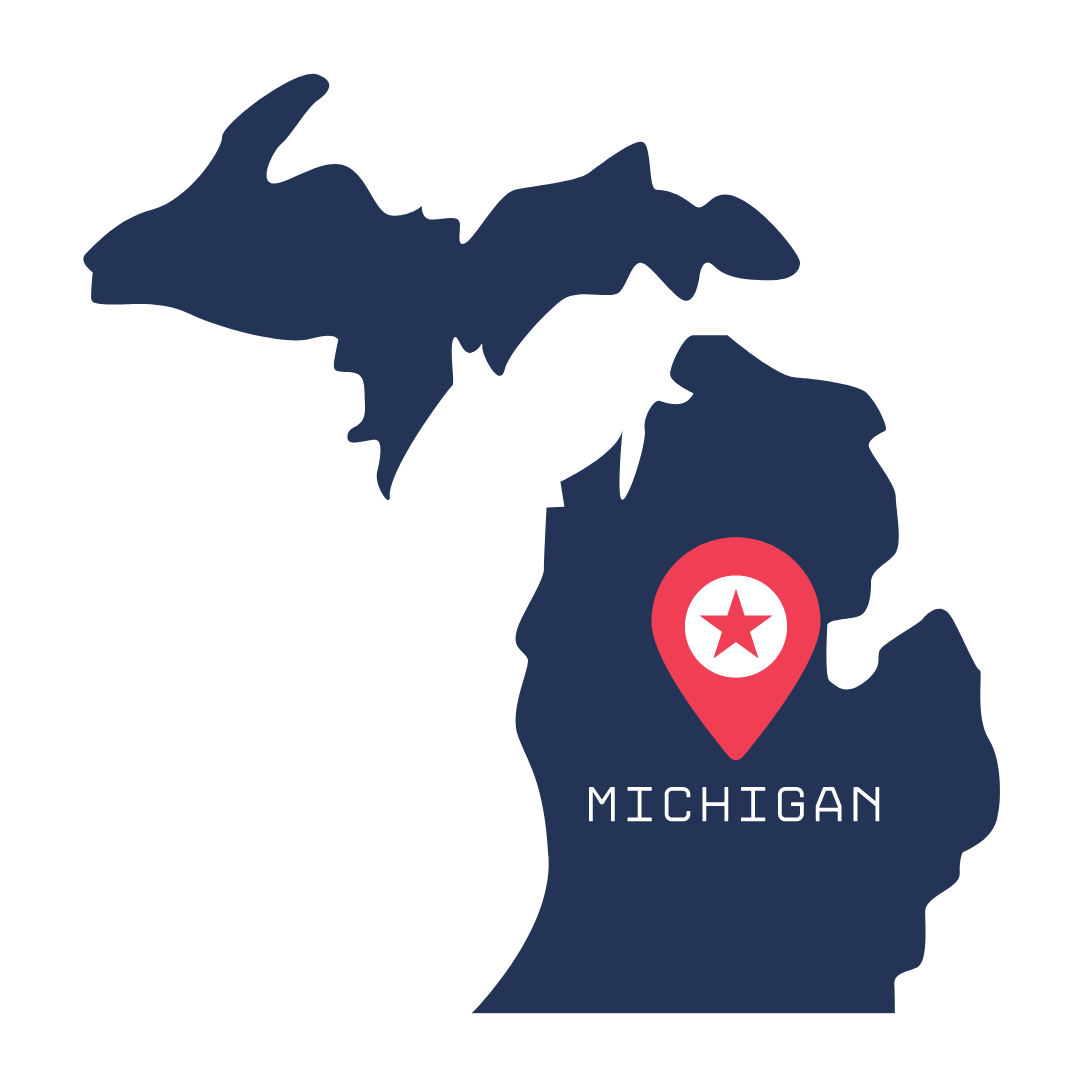
State Leads Nation in Accessible Track Chairs
The Department of Natural Resources has collaborated with several organizations to raise more than $450,000 to purchase track chairs for state parks and trails. Fifteen locations around the state now have track chairs available for use at no cost, with 10 additional locations soon to receive chairs, thanks to the fundraising campaign.
New 'Extension Campuses' Will Improve Job Training and Education Opportunities
The Michigan Department of Labor and Economic Opportunity (LEO) announced two new extension campuses for the Michigan Career and Technical Institute (MCTI). These campuses will offer Nurse Assistance training as well as culinary training to students in Kalamazoo and Livingston counties.

Self-Driving Vehicles Offering Transportation to People with Disabilities
Government funding has been used to bring five self-driving vans to Grand Rapids, a city of 11,000 people. They've given 5,000 rides since 2022 without any accidents, organizers say. The autonomous vehicle program, known as goMARTI, which stands for Minnesota's Autonomous Rural Transit Initiative, offers a flexible alternative to public transportation.
Grant Assistance to Help Disabled Minnesotans Age in Place
$9.5 million in new state grants will help aging Minnesotans stay in their homes longer through services such as caregiver support, housekeeping, retrofitting to prevent falls, and other assistance. The Live Well at Home grants will go to 45 organizations.
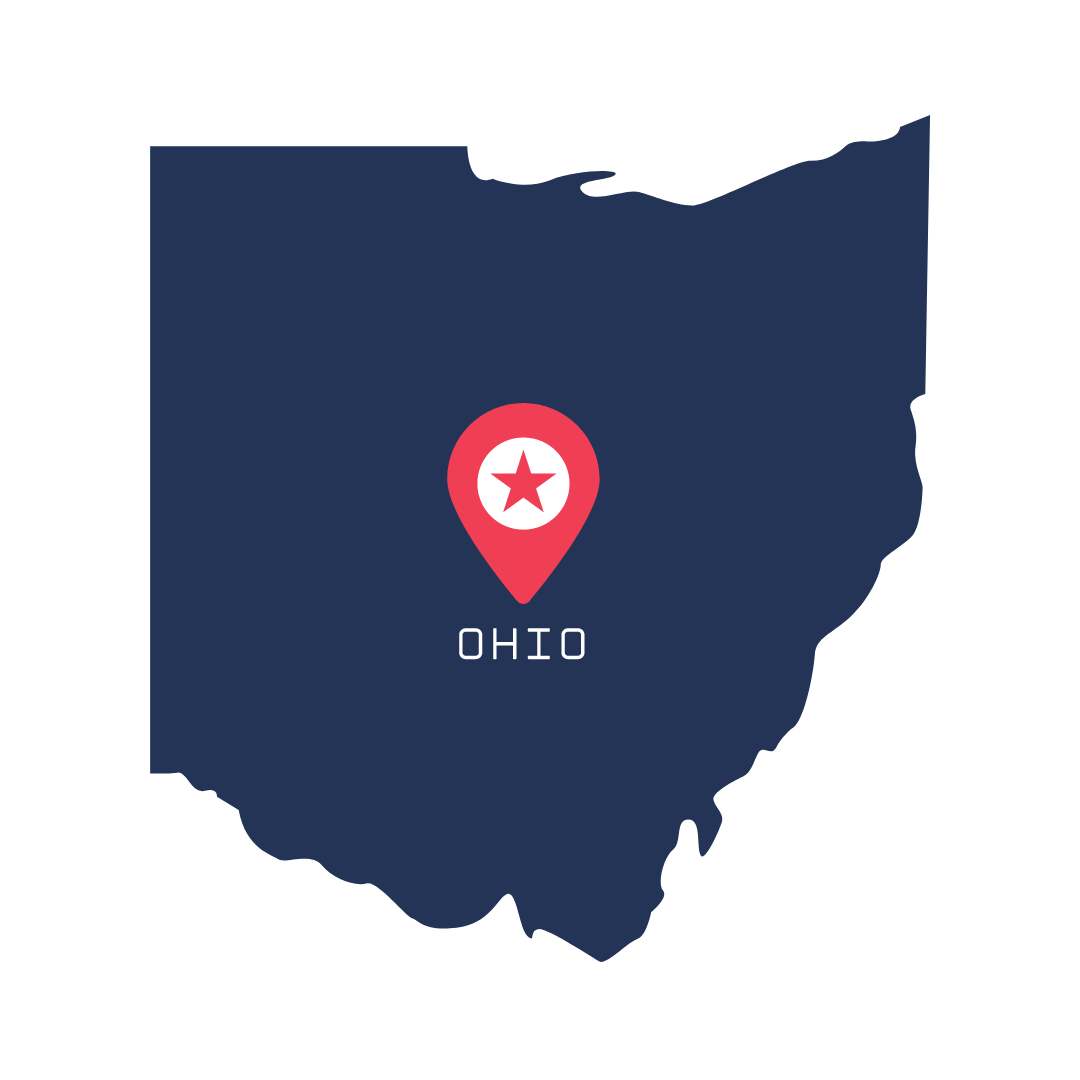
ARPA Funds Will Make Ohio More Accessible
Nearly $15 million in American Rescue Plan Act (ARPA) funds has been allocated to enhance support for Ohioans with disabilities. The funds will be distributed across 67 counties with projects that include promoting independent living, improving community infrastructure, adding universal changing tables in public places, creating inclusive community experiences, ensuring inclusive conferences, and increasing outreach efforts.
Free Webinar Series to Promote Statewide Accessibility
This six-part webinar series called 'The Accessible Ohio Playbook' will include ADA guidelines, the intent of a universal design approach, the four priority areas of the accessibility journey, and the role of Accessible Ohio in supporting access and inclusion. For more information, visit the OOD webinar webpage.
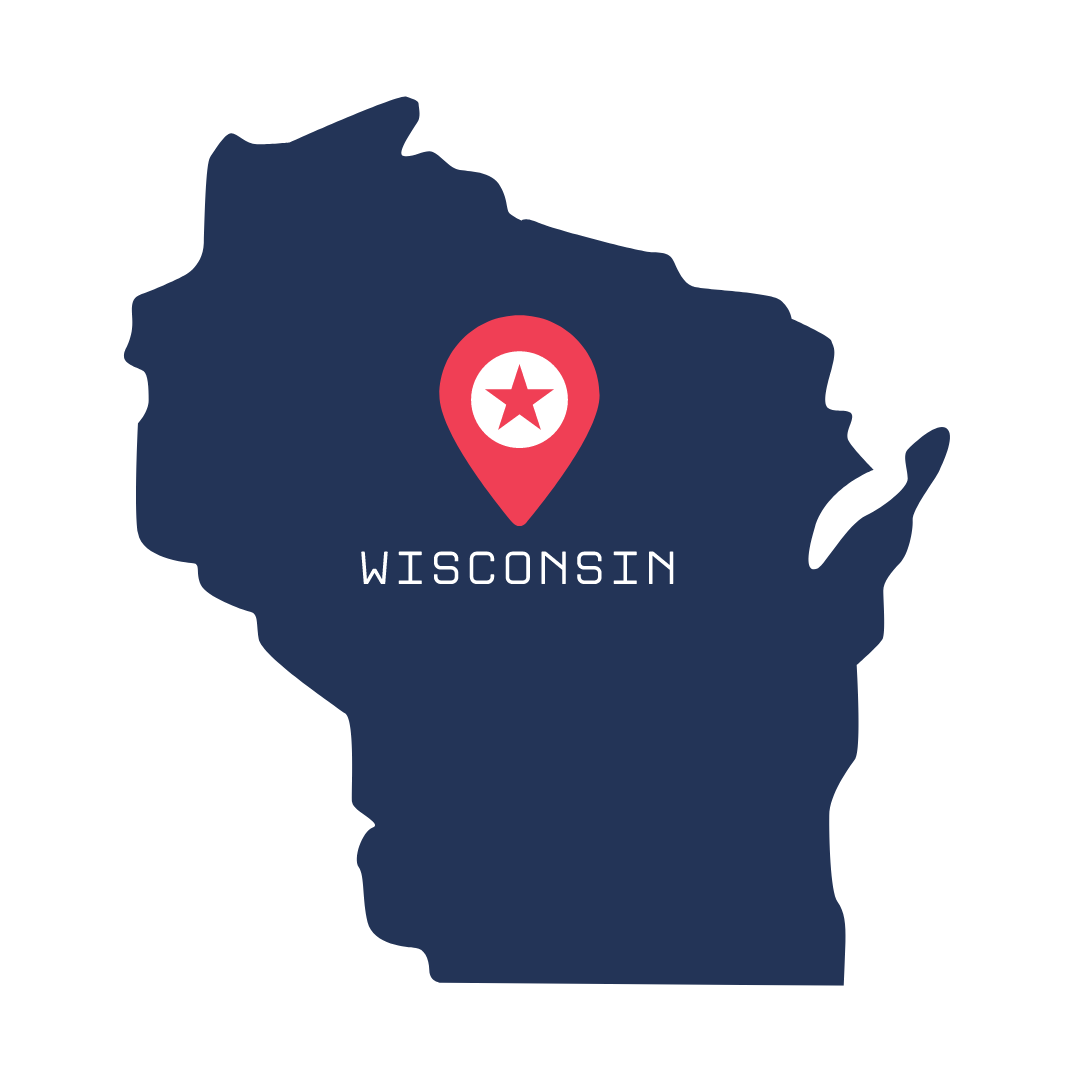
Bill Would Improve Access to ABLE Accounts
Senate Bill 668 includes language that would make it easier for people to set up ABLE accounts in Wisconsin. In 2016, Congress allowed states to set up Achieving a Better Life Experience (ABLE) programs which let people with disabilities set up tax exempt savings accounts to pay for certain expenses. The bill has moved to the Governor’s desk where it can be signed into law.
Study on Travel Experience Reveals Flaws in Accessibility
The unintentional discrimination that occurs in transportation and the lack of research surrounding it is what inspired University of Wisconsin M.S. and Ph.D. candidate Michael Schlicting to study the public transit experience of individuals with disabilities for his dissertation.
Important Note: News shared by third-parties may be subject to change or require a subscription to view. The Great Lakes ADA Center is not responsible for content
restrictions or changes made by third-parties.

Accessible Medical Diagnostic Equipment
This ADA National Network (ADANN) factsheet gives health care providers an overview of the laws and criteria that apply to accessible medical diagnostic equipment (MDE).

Enforceable Accessible Medical Standardst
This report from the National Council on Disability (NDC) was developed and edited with assistance from Robin Jones, Director of the Great Lakes ADA Center. This report documents the effects of inaccessible exam tables and other medical diagnostic equipment.

Let It Snow, Clear it Out After
This blog from the Rocky Mountain ADA Center shares how snow build-up can impact access for persons with disabilities and why removing snow from accessible routes is required by the ADA.

National Association of Anorexia Nervosa and Associated Disorders
February 28 to March 5 is National Eating Disorders Awareness Week. ANAD is a nonprofit providing eating disorder peer support groups, recovery mentorship, an online directory of treatment providers, and informational guides on eating disorders.

The Employer Assistance and Resource Network on Disability Inclusion (EARN) recently announced a new small business toolkit to support recruitment, hiring, retaining, and supporting employees and applicants with disabilities.

Answer:The interactive process is an open conversation between the employer and the requestor to determine an effective and reasonable accommodation. If the disability and need for accommodation are obvious, this process is typically not necessary. However, if the disability or need is not obvious, or if an accommodation is not easily identified, the interactive process can help ensure both parties understand and agree on any proposed accommodations. Agreement is important because employees cannot be forced to accept an accommodation they do not want and employers are allowed to suggest alternative accommodations as long as these alternatives are effective and would meet the employee’s disability-related needs.
Employers who fail to engage in the interactive process can be found in violation of the ADA. On the other hand, applicants and employees who do not engage in the process or who choose not to accept a reasonable and effective alternative accommodation when offered by the employer may no longer be considered qualified for their job. ADA covered employers are not required to hire or retain unqualified individuals who are unable to perform essential job functions, regardless of disability status.
The Job Accommodation Network (JAN) provides step-by-step guidance on the interactive process in their resource, Accommodations and Compliance: Interactive Process.
Learn more by visiting our ADA Frequently Asked Questions.
Follow us on Facebook, Instagram, LinkedIN, YouTube and TikTok to learn about the latest in ADA and disability news.
Check out a recent post, image and caption below:

Follow us at Great Lakes ADA en Español on Facebook for ADA and disability-related content in Spanish!
Check out a recent Spanish post, image and caption below:
